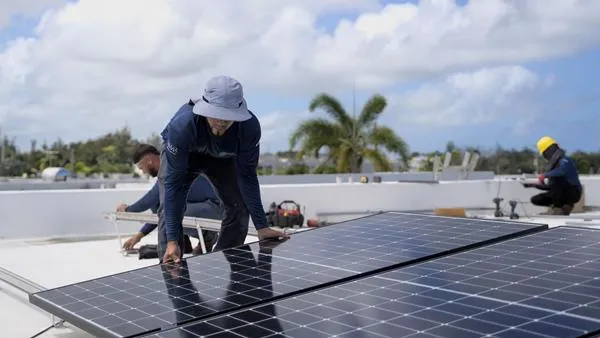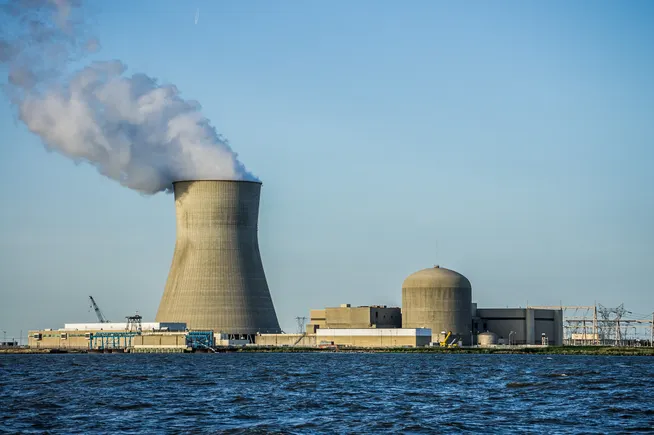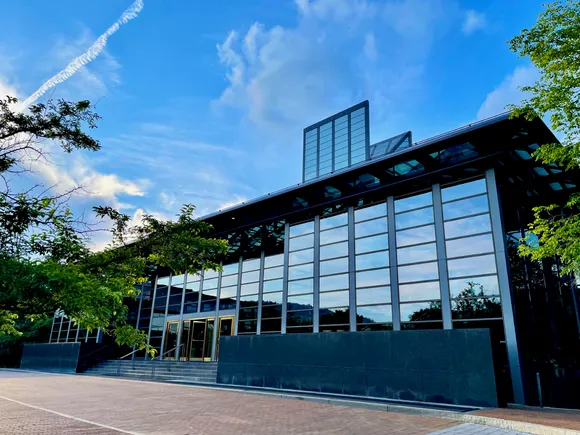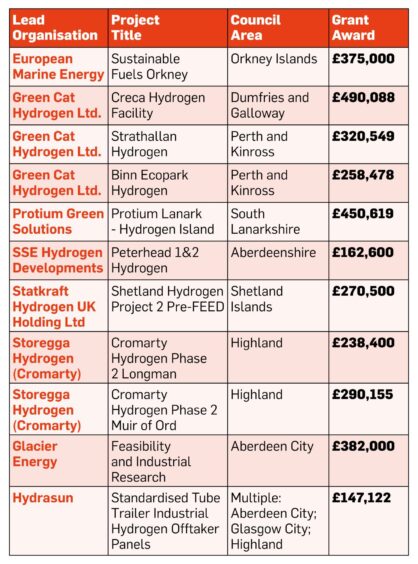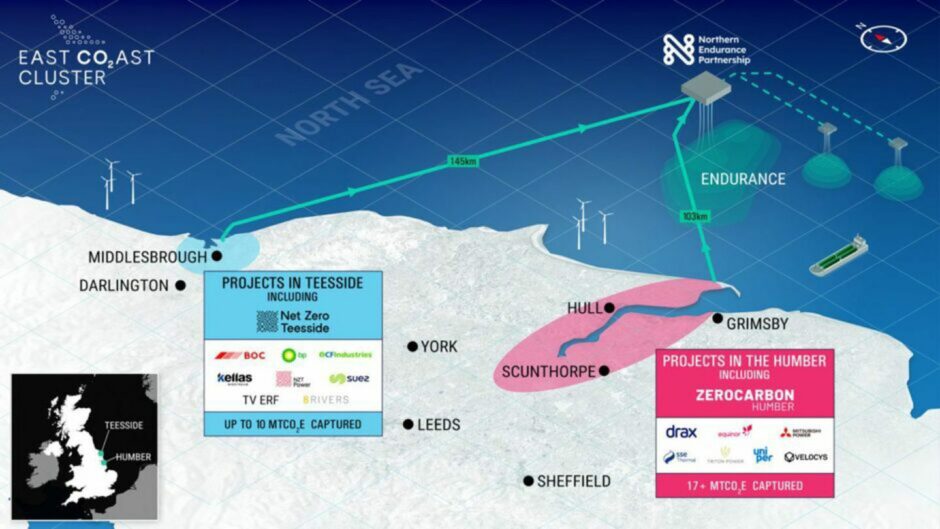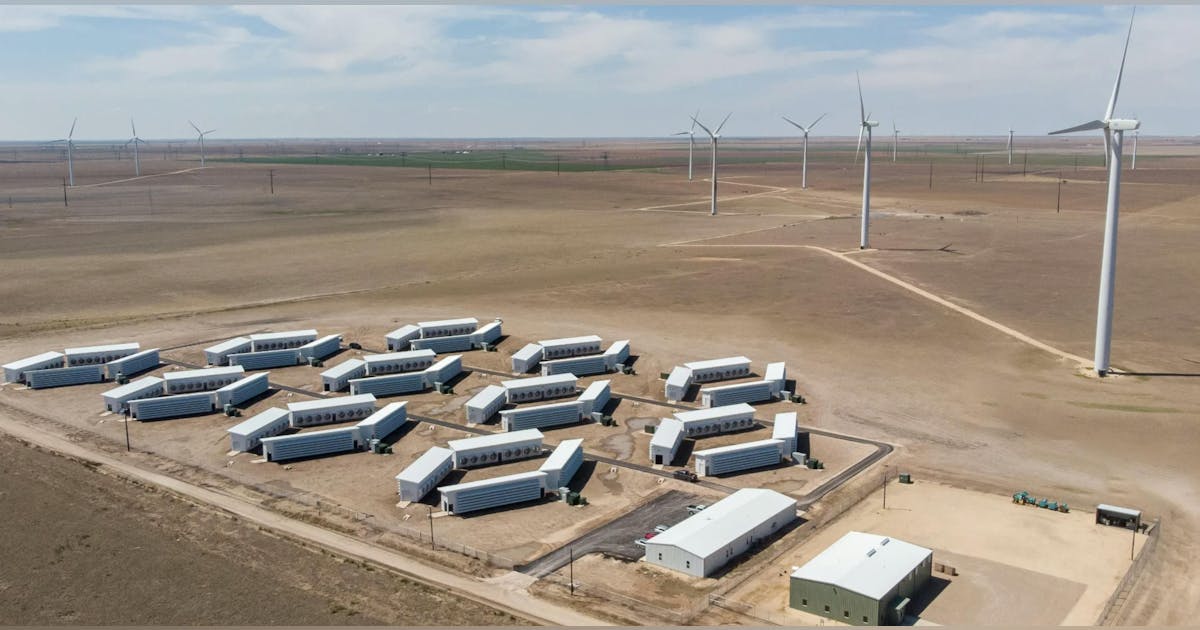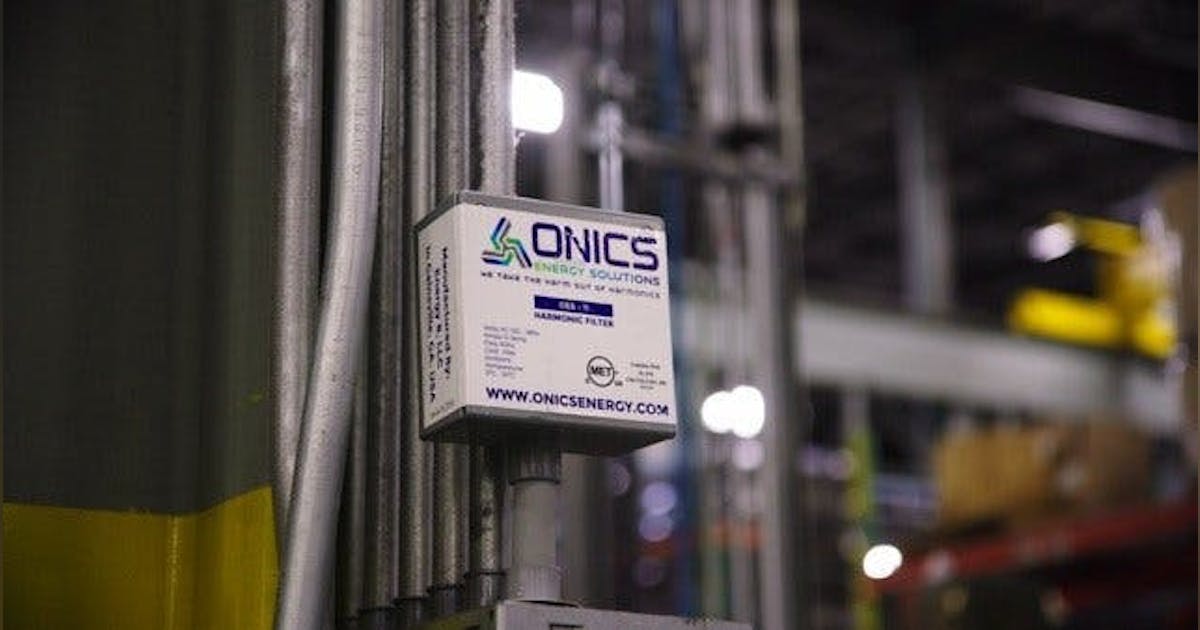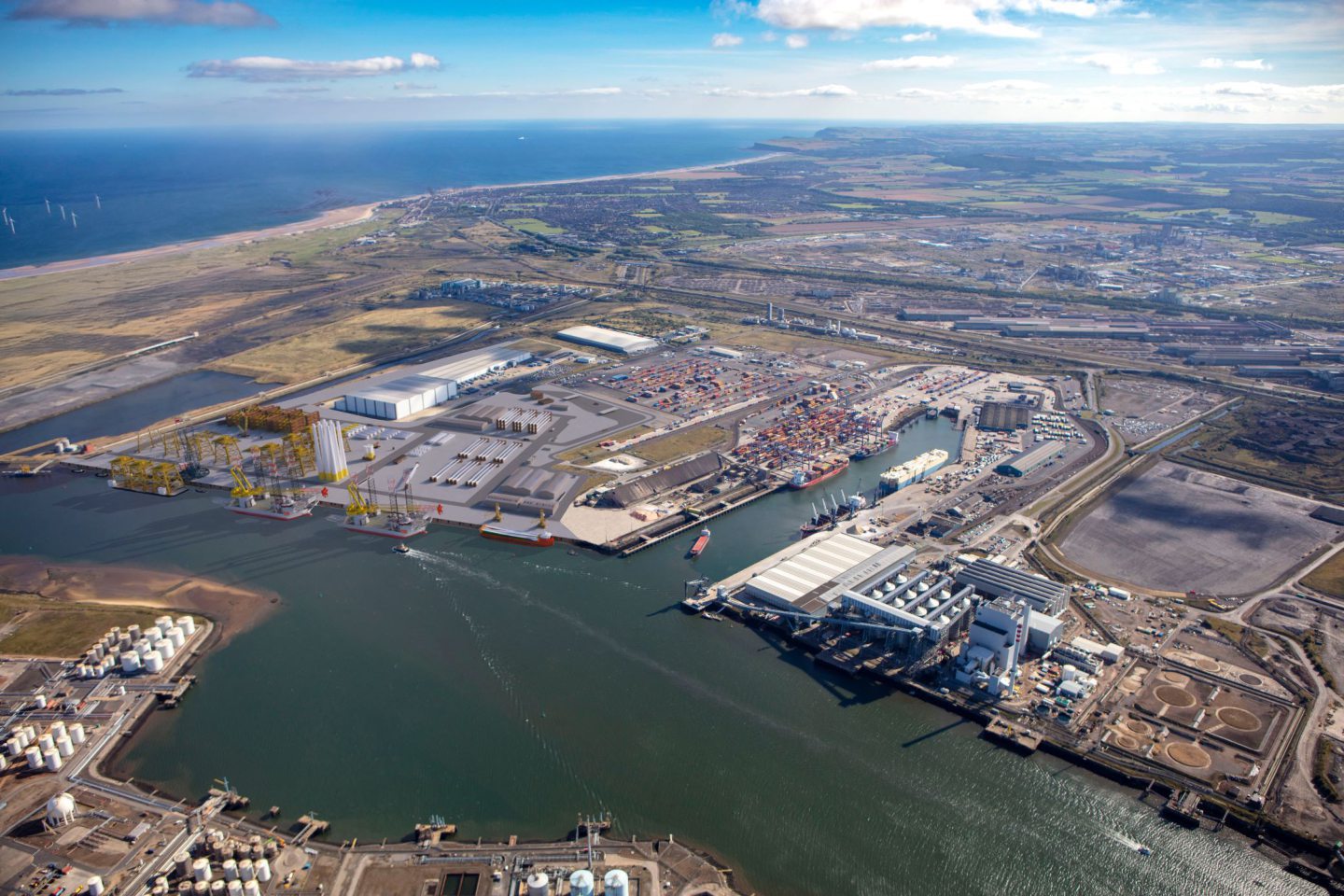
A Teesside port operator has announced plans to build an offshore wind manufacturing hub, alongside a similar project by neighbours who had unsuccessfully attempted to sue them.
PD Ports has announced plans for its Teesport Offshore Gateway, which includes developing 180 acres of land on its estate on the river Tees where it also has container and bulk terminals, as well as RORO facilities.
The new development will see a brand-new 1 km long deep-water riverside quay built on the south side of the river, roughly one mile closer to the sea than similar infrastructure opened last year by neighbouring Teesworks.
Teesport is the sixth-biggest port in the UK. PD Ports says the new development will be suitable “for a range of offshore manufacturers, assembly, marshalling and supply chain support services.”
PD Ports chief executive Frans Calje said: “One of Teesside’s great strengths is its ability to reinvent itself in the face of change.
“As the UK and the wider world turns its attention to large-scale renewable energy sources, here at PD Ports we see the opportunity – and the responsibility – to play our part by offering an offshore wind development site that is perfectly positioned to unlock the capability of our region – not only as a hub for trade and industry, but also to deliver the clean energy revolution.”
The site has both planning and marine consent to extend an existing berth to develop the new 15.5m deep-water mooring, to provide access to all current and planned offshore installation vessels.
High Court
PD Ports’ estate is surrounded by former steelworks land, which was acquired via compulsory purchase by the public sector South Tees Development Corporation (STDC), which is chaired by Conservative mayor Ben Houchen.
The surrounding site is more commonly known as Teesworks, and is marketed by Teesworks Ltd, a private company established as a public-private joint venture before the public sector controversially handed most of its equity in the project to the private partners for no cost.
In 2021, STDC launched legal action against PD Ports after the latter refused to pay for access across routes that, it argued, it had acquired through historical use.
Teesworks Ltd was added as a third party to the case after it purchased the freehold of some of the land in question. That land is now the location of SeAH Wind’s enormous monopile factory and the adjacent South Bank Quay, which started operating last Autumn.
The High Court decided last February that PD Ports had historic claims of access across the Teesworks site, with Mr Justice Rajah saying the port operator was “clearly the successful party” in the case, awarding them huge costs.
Teesside is becoming a central location for the UK’s energy transition, with the government recently awarding billions in funding for Net Zero Teesside, a gas-fired power station on the site of the former Redcar steelworks blast furnace, which will include carbon capture and storage.
Korean company SeAH Wind will imminently begin fulfilling orders from its Teesside monopile factory, while power generated from SSE, Equinor and Vårgrønn’s Dogger Bank C windfarm will come ashore at nearby Marske-by-the-Sea and be converted for the grid at Lazenby.
Mr Calje added: “Although these proposals are at an early stage, we are confident that this development will support the UK government’s ambitions for future offshore wind power generation.
“We also firmly believe that a facility such as this will lead to significant job creation – driving growth, employment and skills training opportunities in our coastal communities.”





